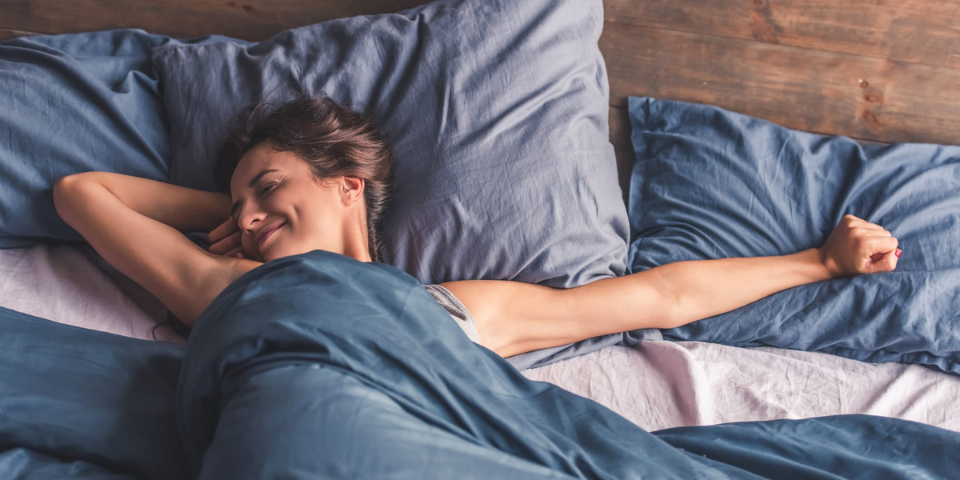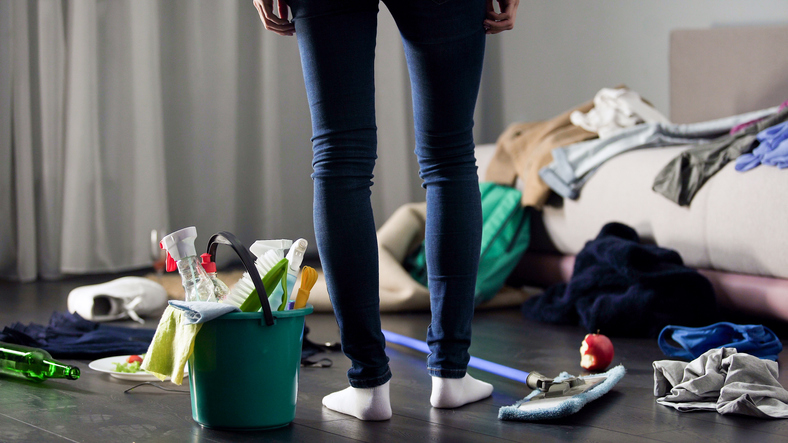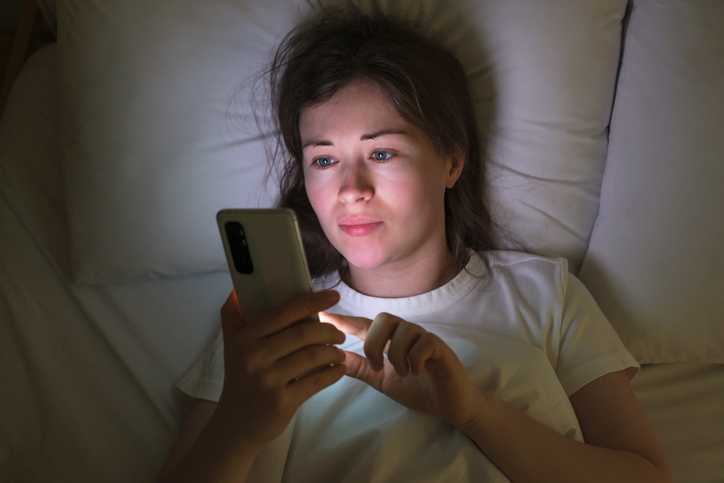Sleep is one of the pillars of good health, and getting enough of it can even help with weight loss. But sometimes life gets in the way of a good night’s sleep — and that’s where sleep hygiene tips can help.
“Sleep hygiene is a fancy way of saying good habits that prepare your body and mind for sleep,” says Chris Brantner, certified sleep science coach and founder of SleepZoo. “Sleep hygiene encompasses all the behaviors throughout the day that end up affecting your quantity and quality of sleep.”
So how can you improve your sleep hygiene? Here are 10 simple tips.
1. Get Into a Bedtime Routine
Bedtime routines aren’t just for babies. “Our bodies crave routines,” Brantner says. Set a time each night to power down your devices, then find a calming ritual like taking a bath, meditating, or sipping warm tea (caffeine-free, of course). Aim to crawl under the covers around the same time each night.
2. Skip the Afternoon Coffee
“Caffeine in the afternoon can make it difficult for you to get to bed,” Brantner says. If your energy is lagging in the afternoon, forego the espresso shot and recharge with a few exercises at your desk instead.
3. Consider Skipping the Nightcap, Too
Having a drink before bed might help you feel drowsier, but it can also mess with your sleep quality throughout the night. Studies have linked alcohol consumption before bed to snoring, sleep apnea, and decreased REM sleep. (And you’ll probably have to wake up for a bathroom break in the night, too.)
4. Nap Responsibly
The American Sleep Association recommends limiting any daytime naps to “power naps” of 30 minutes or less. Any longer than that, and you’re likely to wake up groggy. Plus, if you take a long nap too late in the day, it can make it harder to fall asleep that night.
5. Splurge on Sheets You Love
You spend nearly one-third of your life in bed, so your sheets shouldn’t be an afterthought. Don’t just grab the cheapest set you can find — choose a bedding set that’s cozy and inviting.
6. Make Your Bedroom a Stress-Free Zone
“Your bedroom needs to be a calming place,” Brantner says. Get in touch with your inner Marie Kondo and clear the clutter off your nightstands, bureau, and floors. And keep any distractions — like your work laptop or that pile of unfolded laundry — out of sight.
7. Check the Thermostat
Your core body temperature drops slightly in preparation for sleep, and keeping your room cool can help this process. The National Sleep Foundation recommends keeping the temperature in your bedroom between 60 and 67 degrees at night.
8. Ban Devices Before Bed
The blue light from digital devices can mess with your body’s natural sleep-wake cycle — not to mention it’s hard to unwind when you’re in a Reddit rabbit hole. Ideally, you should be screen-free for two to three hours before bedtime.
If that’s not possible, invest in a pair of blue light-blocking glasses to wear while you’re scrolling.
9. Create a Calming Playlist
Your bedroom should be as quiet as possible, but if total silence freaks you out — or you just need to drown out your neighbor’s nocturnal barking dog — choose something relaxing to listen to, like a guided meditation or soft ambient music.
BODi Sound Meditation uses instruments like singing bowls, harps, and chimes to help you feel calm and relaxed before bed.
10. Track Your Sleep Habits
Wearable tech isn’t just for counting steps — many fitness trackers can also monitor your sleep patterns and alert you if you’re falling short or stirring frequently throughout the night.




